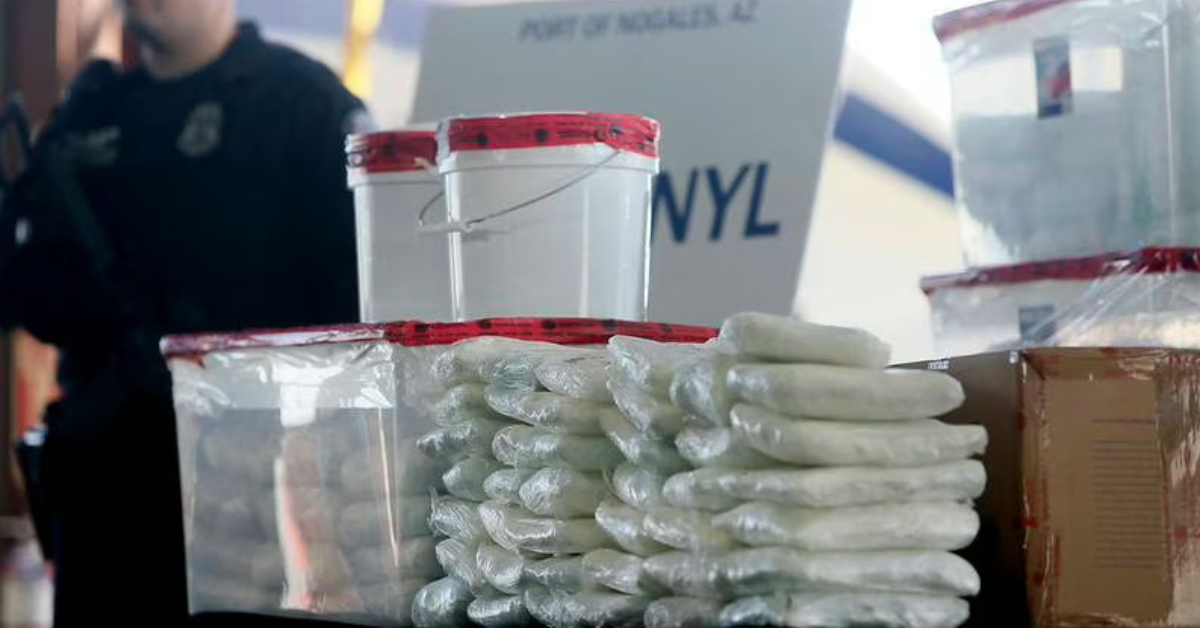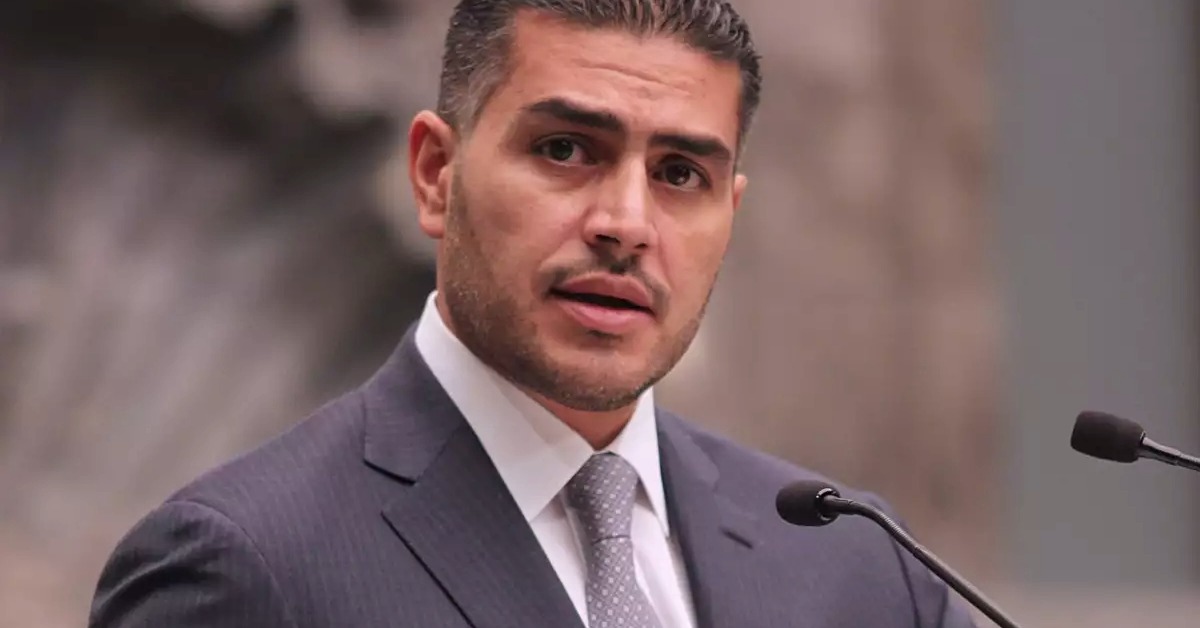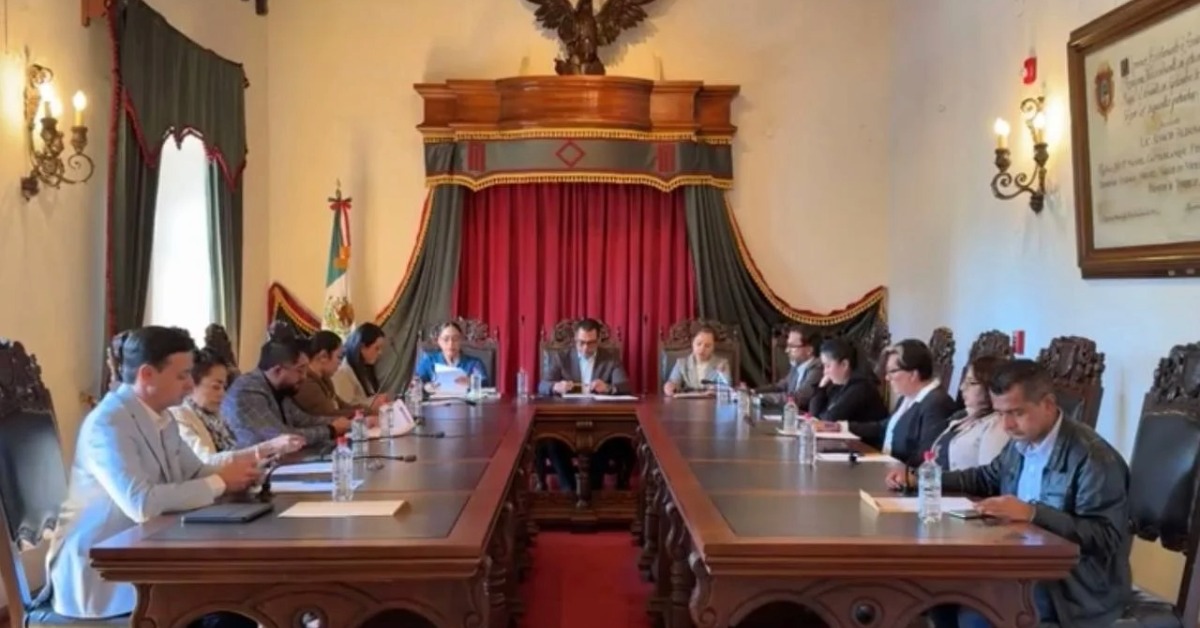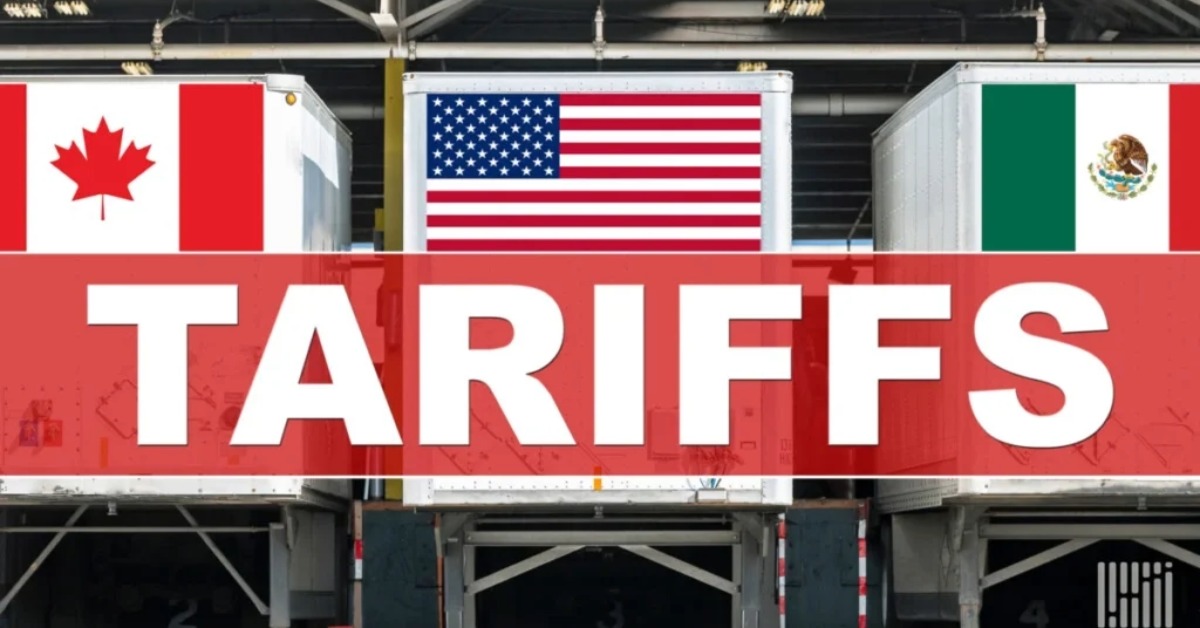Puerto Vallarta (PVDN) - President Andrés Manuel López Obrador of Mexico asserted that his country does not manufacture or consume fentanyl, despite evidence to the contrary, and suggested that the synthetic opioid epidemic is largely an American problem that should be addressed in that country . . .






